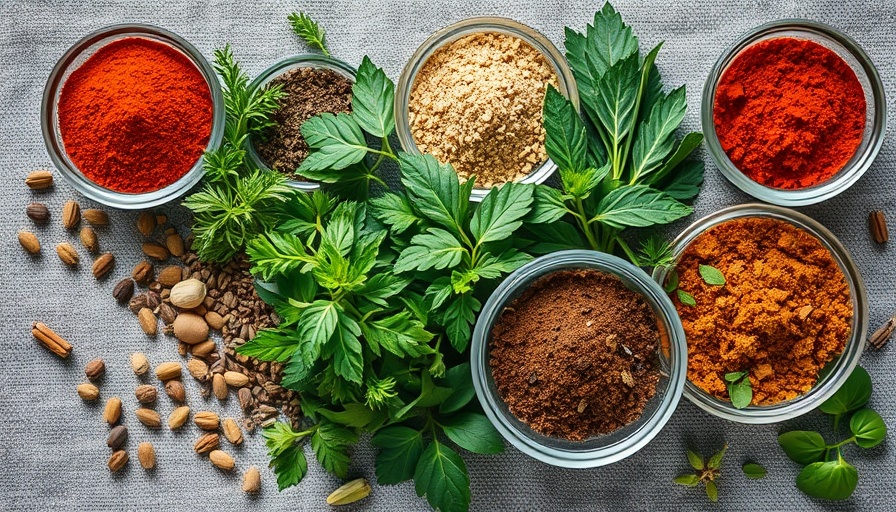
Unlocking Emotional Availability: A Journey to Better Relationships
Have you ever pondered why some friendships or romantic connections seem to stall? It’s not uncommon to find ourselves feeling confused, overwhelmed, or even a bit indifferent in our relationships. The root of this disconnect may lie in emotional unavailability, where one or both parties struggle to connect on a deeper level. Understanding this dynamic can be the first step toward healing and growth.
Understanding Emotional Unavailability
Emotional unavailability often surfaces as a protective mechanism, stemming from past hurts or trauma. When we close ourselves off, we may unwittingly shut out love, intimacy, and genuine connection—the very things we long for. Increasing our emotional availability is essential for nurturing satisfying, fulfilling relationships.
5 Practices to Become Emotionally Available
Here are five empowering practices to help you become more attuned to your emotions and foster deeper connections with others:
- 1. Reflect with the Energetic Mirror: Reflect on how others' behavior might be a reflection of your own emotional state. What do their actions reveal about your needs?
- 2. Embrace Self-Awareness: Acknowledge your feelings. Journaling or meditating can help you clarify your emotional landscape.
- 3. Open the Dialogue: Communicating openly with friends or partners about your feelings can pave the way for deeper connections.
- 4. Practice Empathy: Try to understand others' perspectives. This can foster a more profound emotional connection and create a supportive environment.
- 5. Seek Professional Guidance: Sometimes, working with a mental health professional can provide valuable insights into your emotional patterns and how to navigate them.
The Value of Emotional Availability
By actively engaging in these practices, not only do we cultivate a stronger sense of self, but we also open the door to richer interpersonal relationships. As we learn to embrace our vulnerabilities, we create room for authenticity and connection, both essential components in building a meaningful life.
Embarking on this journey requires courage, but the rewards are immeasurable. Connection, love, and belonging await those willing to explore their emotions. Start today by incorporating these practices into your life and witness how your relationships transform, fostering a deeper understanding of yourself and others.
 Add Row
Add Row  Add
Add 




Write A Comment